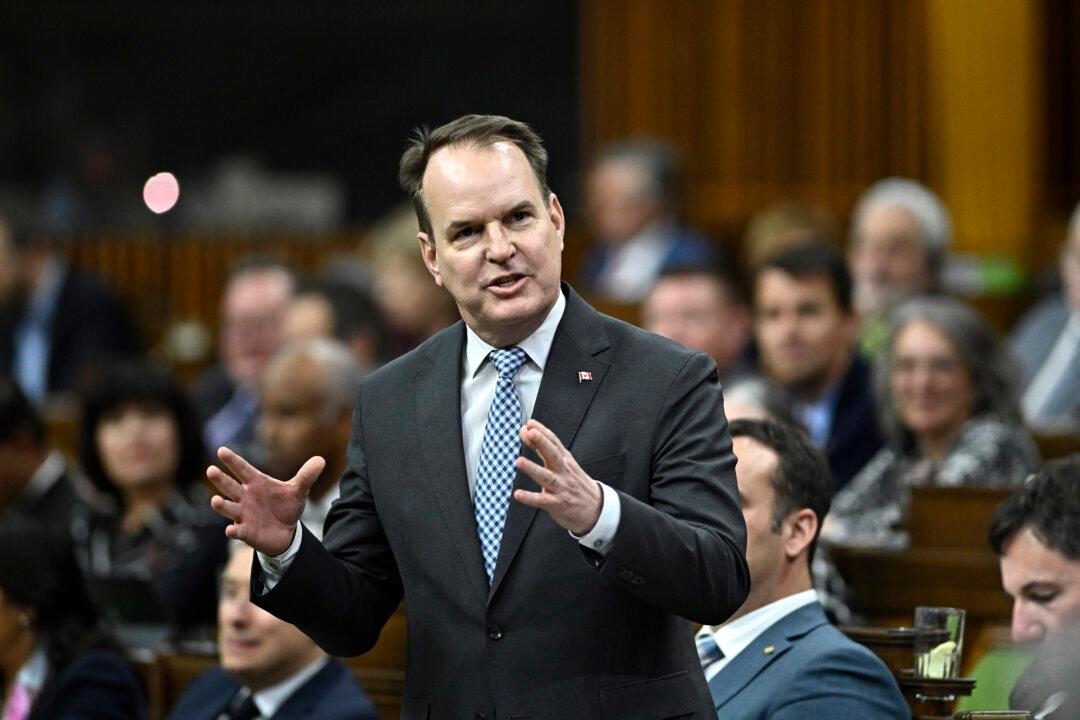The Liberals’ upcoming legislative agenda will prioritize passing the latest budget, delivering the fall economic statement, and moving through several progressive bills, according to a number of political pundits. The Conservatives, meanwhile, are likely to continue efforts to eliminate the carbon tax and focus on other “meat-and-potatoes” economic issues, they say.
“It’s pretty clear coming out of the budget that the [Liberals’] legislative priorities will be to deliver on a progressive agenda that connects, especially with young people,” said Nik Nanos, chief data scientist at Nanos Research, in an interview.





